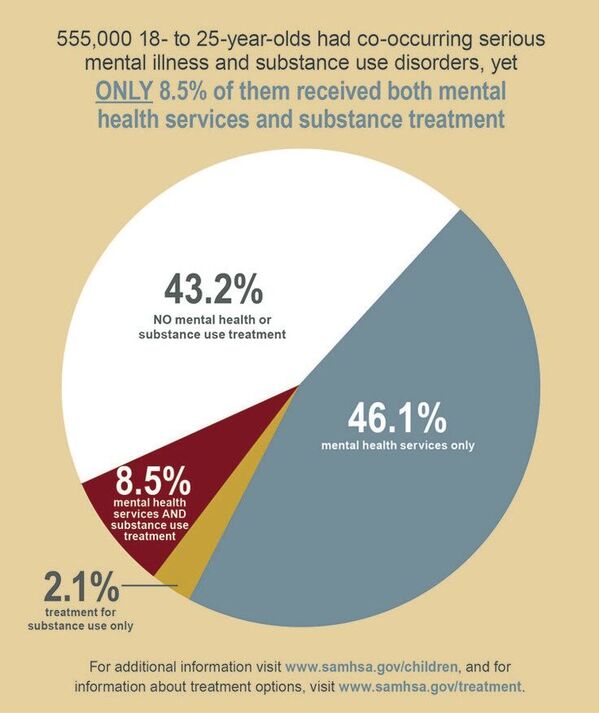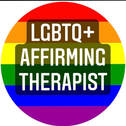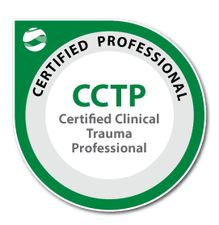Emerging Adult Mental health
Navigating the transition to adulthood: Explore resources and support for emerging adults on their journey.
|
Located at the foot of Texas State University in San Marcos, Texas, our practice specializes in emerging adult issues, young adult counseling and college student mental health and the mental health needs of international students.
Emerging adulthood has been proposed as a new life stage between adolescence and young adulthood, lasting roughly from ages 18 to 25. Five features make emerging adulthood distinctive:
|
Because of this transitional and complex stage of development, mental health issues often arise or reveal themselves during this time. More and more, we are seeing mental health in college students as an important and valid issue.
Some of these mental health issues affecting college students are:
|
Your first 15 minute Phone Consultation is free!
Don't hesitate to reach out to discuss how we can help you.
Don't hesitate to reach out to discuss how we can help you.
CONTACT INFORMATIONMichele Frances Purvin, LCSW-S, LCDC, LLC & Associates
136 E San Antonio Street #104 San Marcos, Texas 78666-5509 Contact: 512-644-9036 Email: [email protected] |
CONNECT ONLINE with US |
Proudly powered by Weebly





